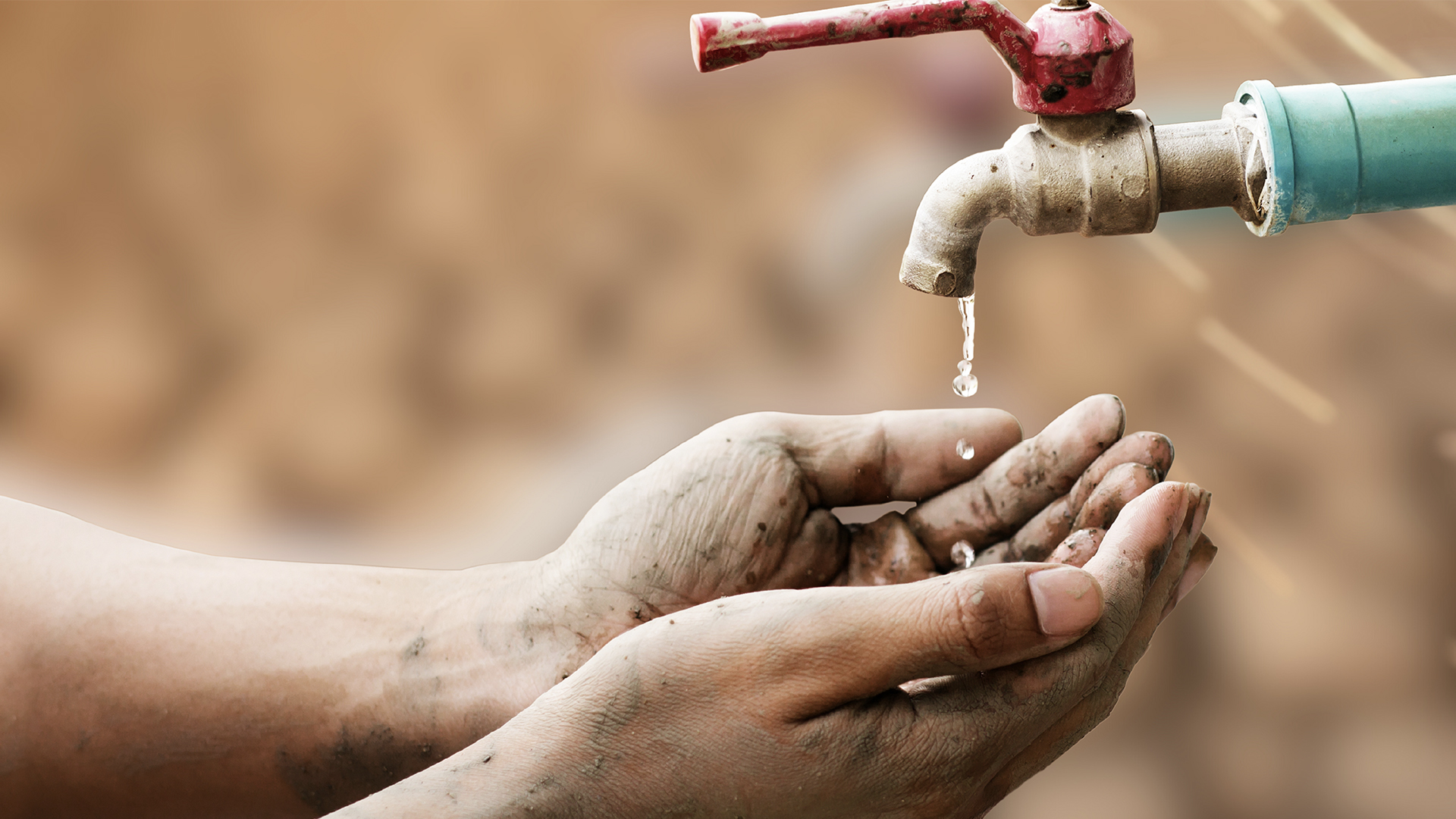Ways to Recover Natural Resources
20 Haziran 2025Increasing population, urbanization, and consumption habits are pushing the limits of our planet’s capacity. In this context, the protection and recovery of natural resources becomes a fundamental component of a sustainable life. Efficient use of energy, water, soil, and minerals provides long-term environmental and economic benefits.
So, what can individuals and organizations do to help recover natural resources?
- Waste Separation and Recycling
One of the most effective steps is to recycle household and industrial waste. Materials such as paper, glass, plastic, and metal can be reintroduced into the production cycle when properly sorted. This not only saves energy but also helps reduce the consumption of raw materials.
Organic waste can also be turned into compost, which improves soil quality and eases the burden on landfills — a great example of turning waste into value.
- Use of Renewable Energy Systems
The limited nature of fossil fuels and their environmental impact increase the importance of renewable energy sources every day. Solar, wind, and especially biomass energy systems make it possible to generate energy in an environmentally friendly way.
Energy recovery from waste provides a double benefit — it reduces waste and contributes to the energy supply with minimal ecological impact.
- Water Efficiency and Greywater Recovery
The global water crisis necessitates the reuse of water resources. Greywater systems treat lightly used household water (e.g., from sinks and showers) so it can be reused in toilets or for landscape irrigation.
Techniques such as drip irrigation in agriculture also ensure water is used more efficiently and productively, helping to preserve valuable freshwater supplies.
- Transition to a Circular Economy
The circular economy model aims to keep materials in use for as long as possible, minimize waste, and regenerate natural systems. This involves designing products for reuse, repair, and recycling from the outset.
By reducing our dependence on raw materials, this model supports both environmental protection and economic sustainability.
- Industrial Symbiosis
In industrial symbiosis, waste from one industrial process becomes a resource for another. This reduces waste and increases the efficiency of material and energy use across sectors.
Such collaborative systems are especially effective in organized industrial zones and eco-parks.
- Education and Awareness
Technology alone isn’t enough. Raising environmental awareness is essential. Environmental education in schools, public campaigns, and sustainability training in the workplace help spread a culture of responsibility.
An informed society is more likely to adopt habits that support resource recovery and environmental protection.
In Turkey and Around the World
Countries around the world are implementing policies for the recovery of natural resources. The European Union’s circular economy goals aim to transform production and consumption habits.
In Turkey, the Zero Waste Project has brought new momentum to recycling and waste separation efforts, while companies in the energy sector are leading innovative projects for energy from waste.
Biotrend Enerji’s Role
At Biotrend Enerji, we work to create a more sustainable future with eco-friendly technologies. Through projects involving biomass, organic waste, and integrated waste management, we contribute to the recovery of natural resources in Turkey.
We believe in a cleaner environment and act every day to protect both the present and the future.
Recovering natural resources is not only an environmental responsibility but a vital step toward building a livable future. Small steps like recycling, saving energy, and reusing water can have a big impact when multiplied across society.
Let’s take action today for a cleaner tomorrow — and shape a world in harmony with nature.





